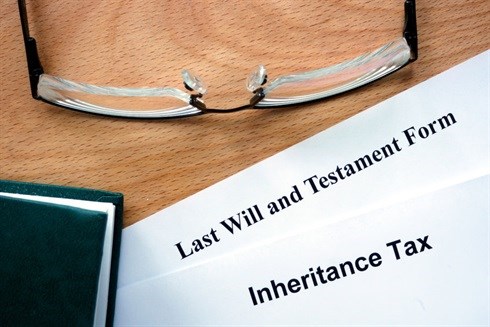This reviews some of the amendments that the Davis Tax Committee report has proposed for South Africa's death tax system.
Trusts
A proposed change concerning trusts is the removal of what is known as the 'attribution principles'. Sections 7 and 25B of the Income Tax Act 58 of 1962 allowed a trust to 'pass on' taxable income to natural persons, which meant these natural persons would be taxed for the income the trust accrued. The trust will now be taxed as a separate taxpayer and the possibility of 'passing on' the taxable income, will be done away with entirely. The Committee has proposed that this amendment only be implemented with effect from 1 March 2016.
Inter spouse bequests
As the legislation currently stands (in terms of section 4q and Schedule 8 of the Estate Duty Act 45 of 1955) amounts bequeathed to a surviving spouse are free of both estate duty tax and capital gains tax. The Committee is not in favour of this deferring of tax, as it defers estate duty collection for many years (or avoids it entirely, if the surviving spouse disposes of or uses up the asset during his or her lifetime).
Capital Gains Tax
The Committee has also provided clarity regarding capital gains tax on the death of the deceased spouse. The general sentiment has been that that it is unfair to tax the taxpayer twice on death. However, the Committee's report distinguishes between income taxes and wealth taxes and explains that whilst estate duty and donations tax are wealth taxes, capital gains tax is income tax. Therefore, this tax remains obligatory.
Retirement funds
The Committee is hoping to curb the practise of using retirement funds to avoid paying capital gains tax, executor's fees and estate duty tax. This is because contributions to the fund do not form part of an individual's estate. The Committee proposes to stop the practice by deeming all retirement fund contributions on or after 1 March 2015, part of the estate duty computation.
Donations tax
Mostly spouses can still donate to each other without incurring a 20% donations tax. The report recommends that there be two exceptions when it comes to inter-spouse donations. The report proposes that the section 56(1)(b) exemption be amended to exclude all interests in fixed property or companies. The Committee wants to eliminate the possibility that spouses will donate ownership of fixed property and shares in companies. It does not specify as to whether these companies are private or public, so the assumption is that it applies to both. Membership in Close Corporations would then also fall into this exclusion.
The Committee is also concerned that spouses donate substantial amounts of cash in anticipation of death in order to reduce the value of their estate. These donations, known as 'donatio mortis causa' take effect on the death of the donor and are free of donations tax. The Committee recommends that the 'donatio mortis causa' exemption be done away with. Therefore, in future this kind of donation is likely to be subject to both donations tax and estate duty. At present tax is not payable if a property was donated by a person before he or she became a South African resident and if a property is inherited by or donated to a South African resident by a non-resident. The Committee suggests that these exemptions should be relooked at considering the fact that South Africa has changed to a resident-based tax system.
Finally, the Committee recommends that donations made for the reasonable maintenance of any person remain exempt from donations tax, with one proviso, that the exemption be made subject to various categories of expenditure. These categories would include food, clothing, education and health care. The Committee's recommendations are open for public comment until 30 September 2015, and have caused quite a stir, particularly around estate planning going forward.
Conclusion
Tax laws change frequently and both the practice of tax law and estate planning law are complicated by this fact. Ensure that you are using the services of an attorney or planner who is fully appraised of the potential future risks that amendments to the existing tax and planning laws would pose to your estate.






































